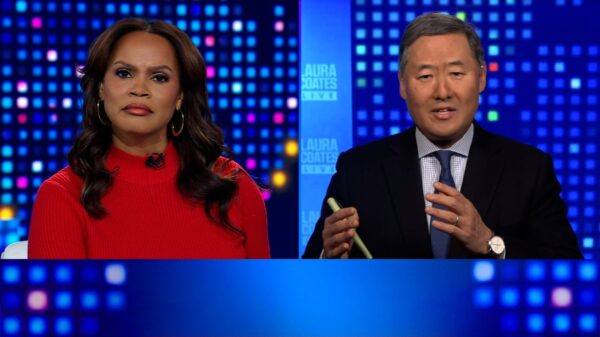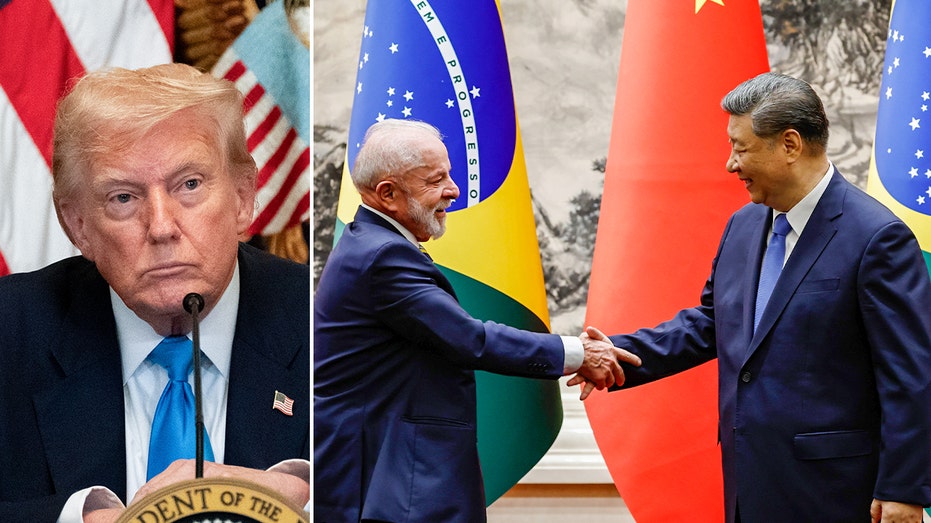BREAKING NEWS: Brazilian President Luiz Inácio Lula da Silva has just declared Brazil open to foreign companies during the inauguration of a new factory by Chinese automaker Great Wall Motor (GWM) in São Paulo, signaling a potential shift away from the United States as tensions escalate over tariffs.
During the ceremony held on August 15, 2025, Lula stated, “Count on the Brazilian government. Whoever wants to leave, leave. Whoever wants to come, we welcome you with open arms,” according to Reuters. His remarks come amid ongoing criticism of former U.S. President Donald Trump for imposing what Lula describes as “unnecessary turbulence” through steep tariffs.
This announcement is particularly significant as Brazil grapples with a staggering 50% tariff on its exports to the U.S., affecting key industries such as coffee, beef, seafood, textiles, footwear, and fruits. This move to strengthen ties with China could reshape Brazil’s economic landscape, especially as both nations face their own tariff challenges from the U.S.
Earlier this week, Lula had a significant discussion with Chinese President Xi Jinping as part of their ongoing collaboration within the BRICS framework, which includes Brazil, Russia, India, China, and South Africa. This dialogue comes as Lula prepares to address U.S. tariffs with fellow BRICS leaders.
“The Supreme Court in Brazil does not care what Trump says, and it should not,” Lula stated, emphasizing his government’s stance against external pressures.
In a move to mitigate the impact of U.S. tariffs, the Brazilian government announced an aid package aimed at supporting affected companies, focusing on providing credit lines for exporters and government procurement of goods struggling to find new markets.
Despite Lula’s willingness to converse with Trump, he previously expressed a refusal to “humiliate” himself by engaging with the U.S. leader under current circumstances. Trump has since stated that Lula can “talk to me anytime he wants,” but the rift between the two leaders extends beyond trade into political territory, particularly concerning the treatment of former Brazilian President Jair Bolsonaro, who is currently under house arrest.
As Brazil pivots towards China, the implications for U.S.-Brazil relations could be profound. Analysts are closely watching how this shift will influence trade dynamics and whether Brazil will strengthen its ties with Beijing in the face of ongoing tariff disputes. This development marks a crucial moment for Brazil as it navigates its position on the global stage amidst rising tensions between the U.S. and China.
Stay tuned for further updates on this developing story as it unfolds, impacting both international relations and global trade.






































































